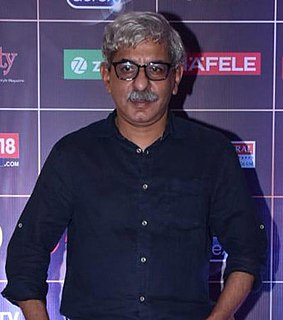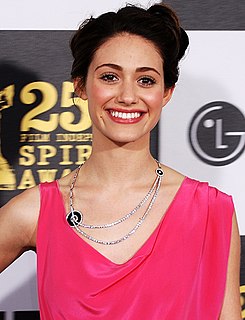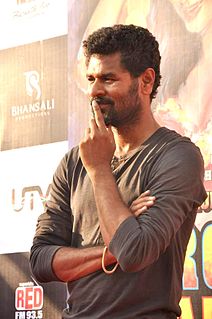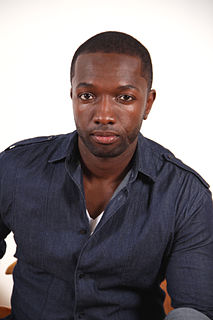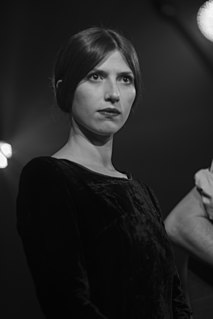A Quote by Diana Penty
When the audience appreciates your film, that's the happiest feeling for an actor because at the end of the day, you are making a film for them. When they like it and appreciate it, you feel your work is done.
Related Quotes
When you're making a film, you don't really have time to consider what the whole of your film is. And then, when you're releasing your film and promoting your film, you're looking at it in a different way. Then, as you move away from it, you start to look at it objectively and think, 'What could I have done better?'
You can work really hard on your physicality, on your craft, on the films you do. You can choose the best of directors, the best of productions, get the best technicians, you can put your entire body and soul into the making of a film, but at the end of the day, it all depends on the mood of that one audience member that goes into that theater.
Theater is such a different ballgame than film. And that's really why I stayed in film, because I really love the reality of connecting with your own feelings, and really putting that across in a realistic way. In film, the smallest muscular movements in your face, that are produced just by sheer feelings, you're not controlling them in anyway, can be seen by people in the audience because your face is sometimes, frighteningly, 40 feet wide!
What's nice about writing and making films is that being able to see a film from the outside - from the inception through production and then completion - just informs what you're doing when you're an actor. And when you're an actor, it informs the decisions you make when you're making a film. It's using two different sides of your personality.
The kind of sleep that I had during my own film [Certified Copy] screening in Cannes is different. It's not because of the specificity of the film. It was because of my relationship as an author to this film. Usually when I take my films to festivals, I feel incredibly anxious about them. I wonder how it will be received, how the audience will react. I feel deeply responsible for them. Whereas this time, I didn't have that responsibility on my shoulders.




